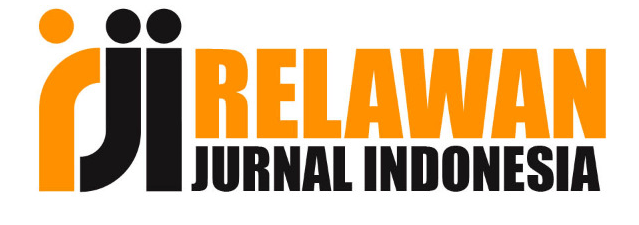Publication Ethics
Bakti Cendana: Jurnal Pengabdian Masyarakat applies a publication code of ethics based on the Regulation of the Head of LIPI (Indonesian Institute of Sciences) Number 5 of 2014 on the Code of Ethics for Scientific Publications. The statement of scientific publication ethics represents the ethical responsibilities of all parties involved in the publication process of this journal, namely the journal managers, editors, reviewers, and authors. This statement of publication ethics, referring to the Regulation of the Head of LIPI Number 5 of 2014, upholds three core ethical values in scientific publishing: (i) Neutrality, meaning that the management of publications must be free from conflicts of interest; (ii) Fairness, meaning that authorship rights must be granted appropriately to those who are entitled; and (iii) Honesty, meaning that publications must be free from duplication, fabrication, falsification, and plagiarism (DF2P).
Duties and Responsibilities of Editors
- Balance the needs of readers and authors.
- Strive for continuous improvement of publication quality.
- Implement processes to ensure the quality of published manuscripts.
- Promote freedom of expression in an objective manner.
- Safeguard the academic integrity of authors’ scholarly records.
- Issue corrections, clarifications, retractions, and apologies when necessary.
- Take responsibility for the style and format of published manuscripts, while the content and all statements therein remain the responsibility of the authors.
- Actively seek input from authors, readers, reviewers, and editorial board members to improve publication quality.
- Encourage evaluation of the journal when necessary.
- Support initiatives to reduce research and publication errors by requiring authors to submit an Ethical Clearance Form approved by an Ethics Committee.
- Support initiatives to educate researchers on publication ethics.
- Assess the impact of journal policies on authors and reviewers and make improvements to enhance accountability and minimize errors.
- Remain open to new perspectives or opinions that may differ from personal views.
- Avoid defending personal opinions, those of authors, or third parties in ways that could compromise objective decision-making.
- Encourage authors to improve their manuscripts to a publishable standard.
Duties and Responsibilities of Reviewers
- Accept assignments from the editor to review manuscripts and submit evaluations to help determine the manuscript’s eligibility for publication.
- Refrain from reviewing manuscripts in which they have direct or indirect involvement or conflict of interest.
- Respect authors’ confidentiality by not disseminating review results, comments, or recommendations, and provide constructive criticism, suggestions, and feedback.
- Encourage authors to revise and improve their manuscripts.
- Reassess revised manuscripts according to the established standards.
- Conduct reviews in a timely manner and in accordance with the journal’s style and scientific principles (data collection methods, author legitimacy, conclusions, etc.).
Duties and Responsibilities of Authors
- Ensure that all listed authors meet the criteria of authorship.
- Bear collective responsibility for the work and content of the article, including methods, analyses, calculations, and details.
- Disclose sources of support or resources (including funding), whether direct or indirect.
- Acknowledge the limitations of the research.
- Respond to reviewers’ comments professionally and within the designated timeframe.
- Notify the editor if they wish to withdraw their manuscript.
- Provide a declaration that the submitted manuscript is original, has not been previously published in any language, and is not under consideration by another publisher.










